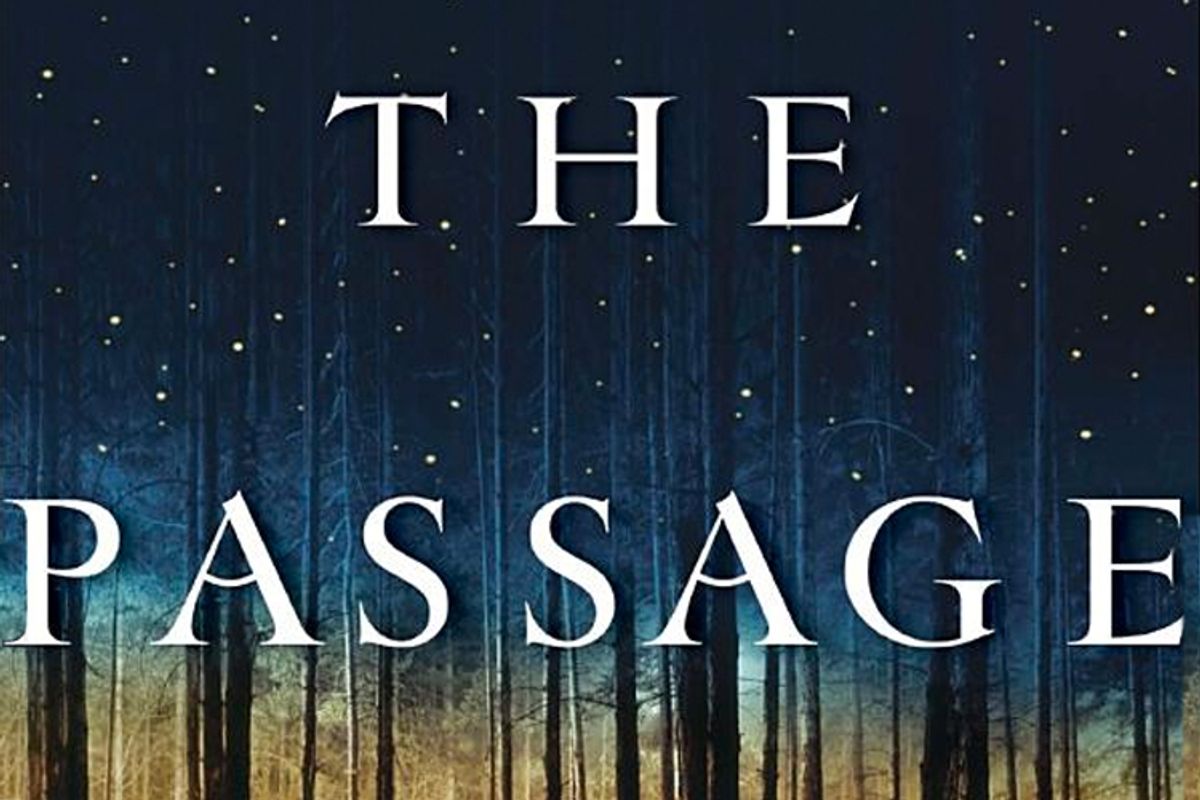People don't just read about any apocalypse, we want one where a few people sneak through the cataclysm, people we can identify with. We're looking for literature that chastises humans generally for our shared sins, but also winks at we the chosen readers, the select.
Part of the fun of "The Passage" is that, unlike, say, the vulnerable boy in "The Road," the hope represented by Amy is not simply her innocence and youth. She can talk to the animals, man! Not to complain; I liked the zoo scene. You never know if dark, grouchy Cormac McCarthy will off the kid, but Cronin makes the reader a promise with Amy. I don't think that promise undercuts Wolgast's internal struggle. It just lets you know, whew, Hollywood is ultimately in charge of this one. (I strongly doubt Amy is a red herring. Spielberg will direct.) I agree the best scene is the carnival.
Obviously "The Road" has deeper themes and will likely stay with the reader longer. But Cronin makes a story of how we got there, which McCarthy leaves dark. And it's an interesting, believable yarn. Cronin does a good job of projecting our paranoid security state into the future. I liked the progression of ever more secret inner circles suggested by Richards, with the government trying to evade its own security for more secret purposes as the agents flee with Amy.
That is actually an historically-sourced observation of the progression of authoritarian regimes. It also adds a bit to the discussion of our current government -- while people have noted the creepy parallels of "Homeland" Security to Nazi or Soviet rhetoric, fewer cultural critics have commented on the increasingly baroque structure of our domestic spying apparatus. That Cronin's government can use personal citizen information toward (crudely) manipulating events is hardly even futuristic. Cronin well-portrays the increasing moral compromises and inevitable collapse of the self-contradicting secrecy-based system.
I smiled to read of Governor Jenna, and it took me out of the novel for a moment, but I think it was an OK device to place the reader into the near future. I give the author credit for not using unnecessarily advanced tech for that purpose. (Otoh, the editors of Newsweek may take heart that their mag is still around to report on the apocalypse.) Much of the mechanics of the novel work pretty well, though I agree that there are some groaner cliches.

Shares